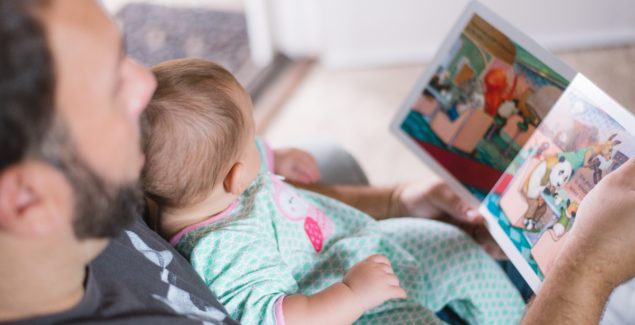Articles containing: parenting
Anger Management: Ways to Help You and Your Kids Stay in Control

Everyone gets angry from time to time — parents and kids alike.
Anger is a normal emotion that’s part of the “fight or flight” response. This means it’s an emotion that informs us that something in our lives is threatening, frustrating, upsetting, or unfair.
My Son Was Diagnosed With ADHD. How Do I Talk to Him About It?

Question: My son was just diagnosed with ADHD. How do I talk to him about it?
Dr. Braaten’s Answer:
Educating yourself is a great way to prepare for this conversation, and there are a lot of resources on our website to get you started.
Medications: For Better or Worse? featuring Timothy Wilens, MD – Shrinking It Down

Tune in wherever you get your podcasts. Just search for “Shrinking It Down.”
Many parents of kids struggling with a mental health issue have concerns – even fears – about medication as a part of treatment. Will it help? Will it hurt? What are the side effects? Today, Dr.
Q+A: What Should I Tell My Daughter About Her Dyslexia Diagnosis?

Although some parents worry that “labeling” their children’s problems will somehow damage them or make them feel bad about themselves, the fact is that the majority of people (kids and adults, alike) are relieved to know that what they are struggling with or suffering from has a name.
La Importancia del Sueño para el Bienestar Emocional de los Niños

Tengo una confesión que hacer. Raramente duermo lo suficiente.
Sé que es importante para mí, pero con demasiada frecuencia la vida se interpone. No estoy solo.
Managing Challenging Behavior in Kids During Stressful Times, featuring J. Stuart Ablon, PhD – Shrinking It Down

Tune in wherever you get your podcasts. Just search for “Shrinking It Down.”
These past months and weeks have put tremendous stress on families across the country, on top of the daily challenges we were already navigating.
Desarrollar el bienestar mental en los niños: lo que los padres pueden hacer

Los padres son los verdaderos expertos cuando se trata de conocer a sus hijos, y a menudo son los primeros en notar cualquier cambio en el comportamiento de sus hijos:
Colin era un joven feliz. Tenía amigos, le iba bien en la escuela y se llevaba bien con sus hermanos y padres en casa.
The Value of Being a Grandparent: 7 Ways to Support Your Grandchild’s Mental Health

I’ve reached the age of becoming a grandparent. So have many of my friends.
There’s something quite special about this experience.
How to Help Young People Cope With Grief and Loss During COVID-19

Este artículo está disponible en español.
The novel coronavirus pandemic has posed a novel way of life for all of us. Beyond concerns about contagion, prevention, or slowing down its spread, and fears of illness and access to healthcare, one thing is clear.
Bipolar Disorder and The Arts: Mark Vonnegut’s Story

Despite our growing awareness of mental health conditions, the relationship between creativity and mental illness is often misunderstood. In this short film, Dr.




